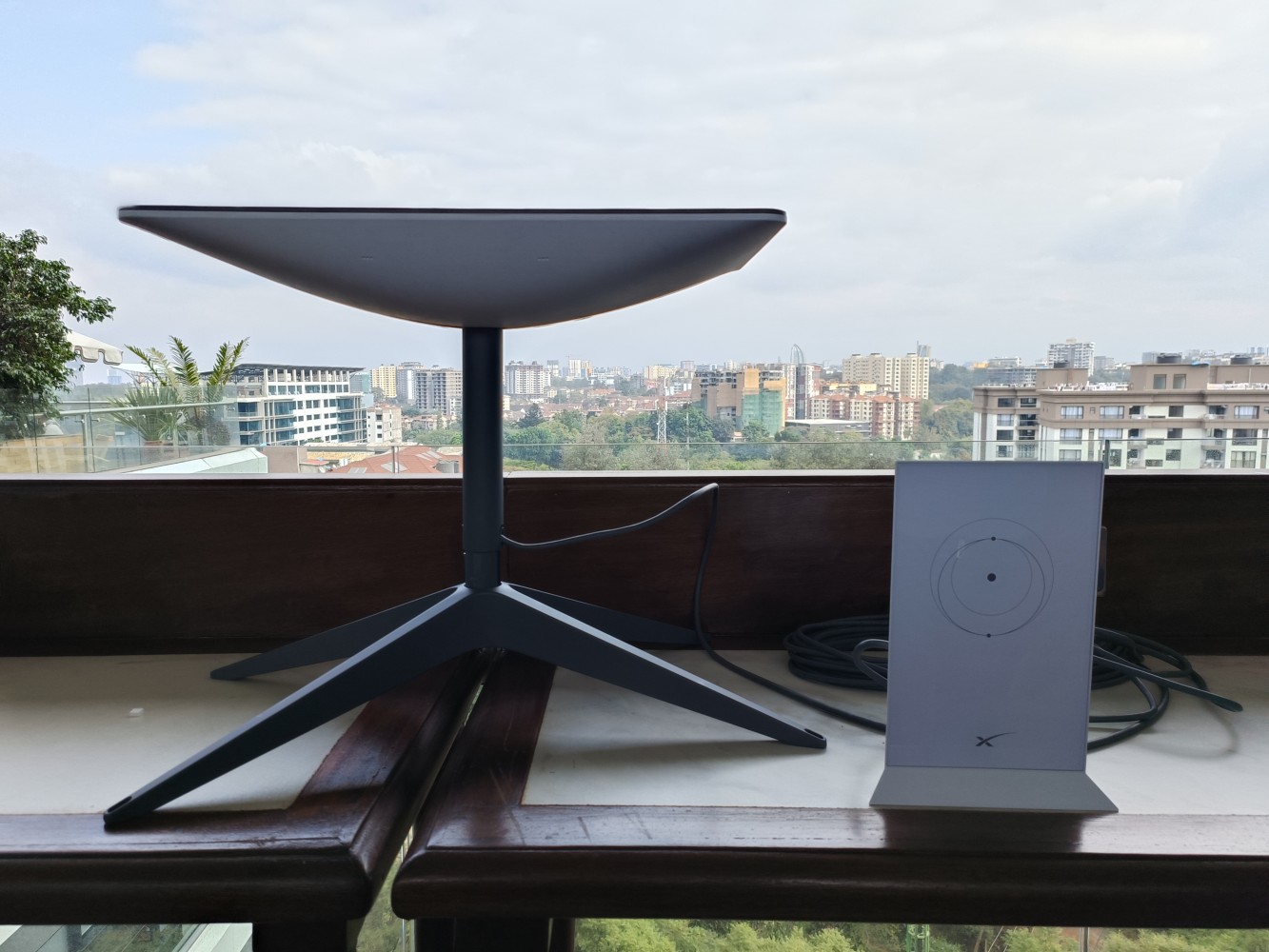
Three months after securing an operating license, Elon Musk-owned satellite internet service Starlink is now officially available in Botswana. This marks another significant step in Starlink’s expansion across southern Africa, following its launch in countries like Zambia, eSwatini, Malawi, Mozambique, and Madagascar.
Starlink’s entry into the Botswana market is priced competitively, with the hardware costing P4,820 ($363), a shipping fee of P314 ($24), and a monthly subscription rate of P688 ($52). The pricing strategy reflects Starlink’s aim to make satellite internet accessible in regions with limited broadband connectivity.
Starlink’s journey to Botswana has been marked by challenges, particularly in its dealings with the Botswana Communications Regulatory Authority (BOCRA). The company initially submitted its license application in early 2023, but the application faced delays and was eventually rejected in February 2024, allegedly due to missing information—a claim the regulator denied. During this period, BOCRA also banned the use, sale, and importation of Starlink kits in the country.
However, the situation took a positive turn in May 2024 after Botswana’s President Mokgweetsi Masisi met with a delegation of Starlink executives in Dallas, Texas. Following this meeting, President Masisi recommended that BOCRA grant the necessary license to Starlink, leading to its eventual approval and the subsequent launch.
Starlink’s arrival in Botswana introduces a new dynamic to the local internet service provider (ISP) market, which has traditionally been dominated by mobile network operators such as BTC, Mascom, and Orange, as well as other broadband providers like Nashua and OPQ. Starlink’s satellite-based service offers an alternative for users in remote and underserved areas, where traditional ISPs may struggle to provide reliable coverage.
Botswana now joins the growing list of African nations benefiting from Starlink’s high-speed satellite internet, further enhancing digital connectivity in the region. As Starlink continues to expand its presence in Africa, it is poised to play a crucial role in bridging the digital divide across the continent.
